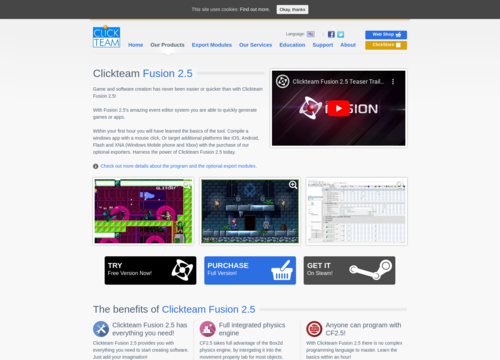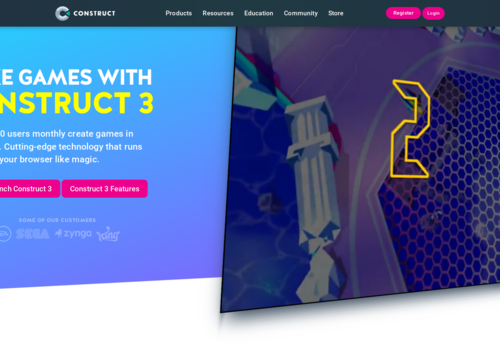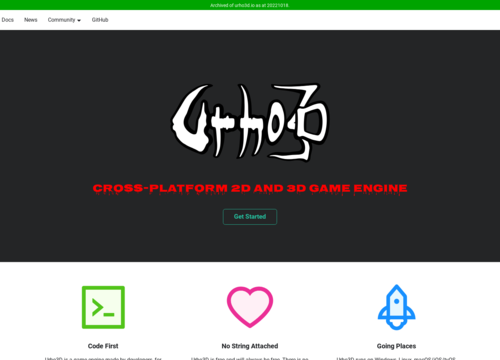Cocos 2d-x
https://www.cocos.com/en/cocos2d-xCocos 2d-x
Cocos2d-x is an open-source game development framework that's highly regarded for its ease of use and flexibility. It's a branch of the original Cocos2d framework, which was developed in Python, but Cocos2d-x primarily uses C++ for game development. This switch to C++ has expanded its reach, making it more suitable for performance-intensive games.
One of the key features of Cocos2d-x is its cross-platform nature. Games developed using this framework can be easily published on multiple platforms, including iOS, Android, Windows, and Mac, without significant changes to the underlying code. This makes it a popular choice among indie developers and small studios who want to target a wide audience without investing in platform-specific development.
The framework is designed to be lightweight and efficient, focusing on 2D game development. It includes a range of built-in features such as scene management, sprite manipulation, animation, and a physics engine, which simplifies many common tasks in game development. Its simplicity and extensive documentation make it accessible to beginners, while its flexibility and performance are appreciated by experienced developers.
Another notable aspect of Cocos2d-x is its active community and ecosystem. There's a wealth of tutorials, documentation, and third-party tools available, which can be a great asset, especially for those who are new to game development. The community also contributes to the ongoing development and improvement of the framework, ensuring it stays updated with new technologies and trends in the gaming industry.
Cocos2d-x's architecture and programming model are among its strong points. The framework employs a scene graph architecture, which is a hierarchical tree structure where each node represents a visual element in the game, such as a character, an item, or a landscape feature. This structure makes it easier to manage and update the game's graphical elements, as changes to a parent node automatically affect its child nodes.
In terms of programming, Cocos2d-x utilizes a straightforward, object-oriented approach. It offers a set of pre-built classes for various game elements, which developers can extend and customize for their specific game logic. The use of C++ in Cocos2d-x strikes a balance between performance and complexity, offering the high execution speed necessary for games while maintaining a level of approachability for developers.
Another significant advantage of Cocos2d-x is its support for a variety of advanced graphics and animation techniques. It supports OpenGL for rendering, which allows for efficient hardware-accelerated graphics. Developers can incorporate complex animations, particle systems, and other graphical effects to enhance the visual appeal of their games.
Cocos2d-x also integrates well with other technologies and tools. For instance, it supports various third-party libraries for additional functionalities like network play, social media integration, and more. This interoperability with other tools and libraries adds to its versatility as a game development framework.
Despite its many strengths, Cocos2d-x is not without its challenges. The need for C++ proficiency can be a barrier for some developers, especially those accustomed to higher-level languages or visual scripting environments found in other game engines. Moreover, while the framework excels in 2D game development, it's not as well-suited for 3D games, which might limit its use for certain projects.
Cocos2d-x is a robust, versatile, and accessible framework for 2D game development, particularly favored by developers looking for a cross-platform solution with the performance benefits of C++. Its open-source nature, supportive community, and extensive features make it a compelling choice for a wide range of game development projects.

































